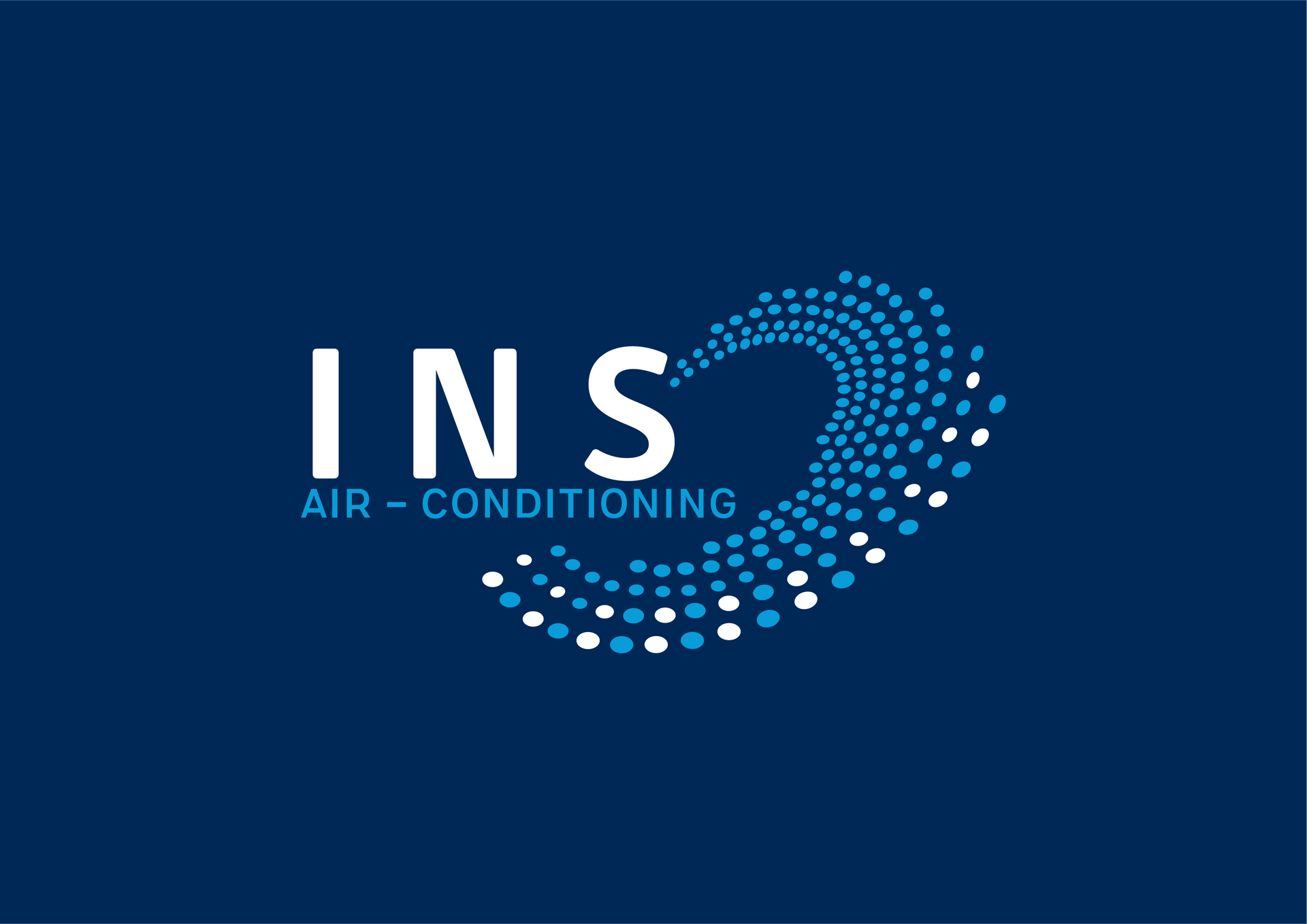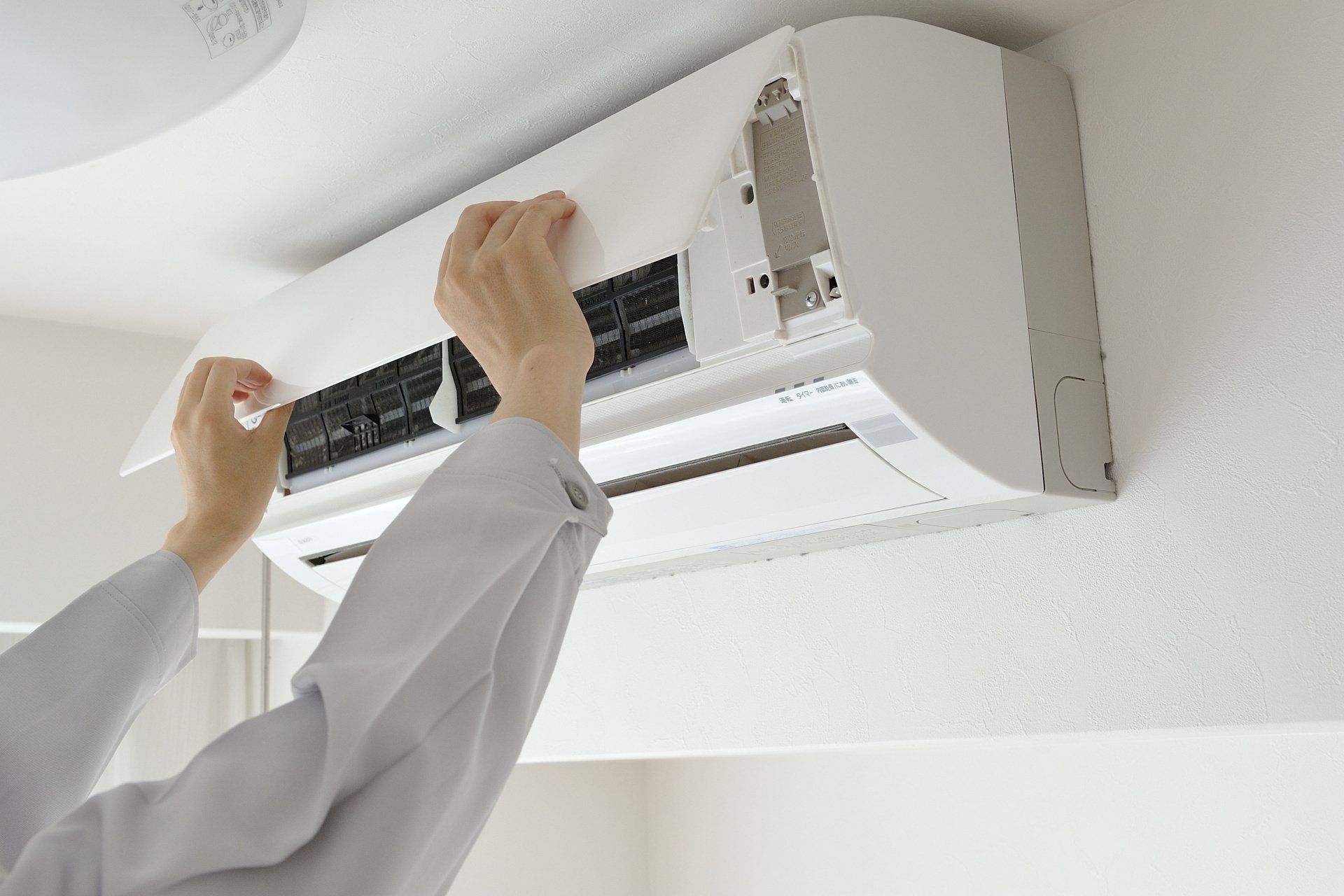Do I Need Planning Permission for Air Conditioning in London?
If you’re considering installing air conditioning in your London home or business, you’re not alone. With UK summers getting warmer, more homeowners and business owners are choosing to invest in modern, energy-efficient cooling systems.
But before installation begins, one of the most common questions we hear is:
“Do I need planning permission for air conditioning?”
The short answer is: not always — but in some cases, you do. The rules can vary depending on your property type, location, and the kind of system being installed.
In this guide, we’ll explain everything you need to know about air conditioning planning permission in London, including when you need it, how to apply, and how to avoid costly mistakes.
1. When You Don’t Need Planning Permission
The good news is that most standard residential air conditioning installations in London do not require planning permission.
If your home isn’t listed and isn’t located in a conservation area, your air conditioning unit is likely covered under “permitted development rights.” That means you can go ahead with your installation as long as the following conditions are met:
- The external condenser unit is not installed on a wall facing a public highway.
- The unit is less than one metre in size (which includes most modern residential systems).
- It’s placed at least one metre away from your property boundary.
- You’re only installing one outdoor unit.
If your property meets these conditions, you can usually install air conditioning without needing formal planning approval.
2. When Planning Permission Is Required
There are situations where you will need to apply for planning permission before installing your air conditioning system. You’ll likely need approval if:
You live in a listed building.
Your property is in a conservation area or World Heritage Site.
The outdoor unit will be visible from a public road or pavement.
You plan to install more than one outdoor unit.
Your system will generate noise that could disturb neighbours.
In these cases, your local council may request a planning application to ensure your installation doesn’t affect the building’s appearance or surrounding environment.
Tip: London boroughs sometimes interpret these rules differently. It’s always smart to check with your local planning authority before installation begins.
3. Flats and Apartments: The Special Rules
If you live in a flat or apartment, the rules can be stricter. Even if you own the property, the exterior walls and roof are often part of the shared structure — which means you’ll need freeholder or management company approval.
Some London councils also treat air conditioning units on apartment exteriors as an alteration to the building’s façade, meaning you’ll probably need planning permission.
Before installation, make sure you:
- Get written consent from your landlord, freeholder, or managing agent.
- Review your lease or building agreement for restrictions.
- Speak to your local planning office to confirm whether permission is required.
4. Noise Regulations and Neighbour Considerations
Even if you don’t need planning permission, your air conditioning system must comply with noise control regulations.
Modern systems are far quieter than older models — most outdoor condensers now produce around 40–50 dB, which is quieter than normal conversation. Still, placement is key:
- Install the outdoor unit away from neighbouring windows or gardens.
- Avoid mounting it directly onto shared walls.
- Choose a low-noise or “night mode” model if you live in a densely populated area.
At INS Air Conditioning, our engineers always carry out a full site survey to find the quietest, most practical location for your system.
5. Planning Permission for Commercial Properties
For London businesses, the need for planning permission depends on your building type and how visible the external units are.
You’ll typically need permission if your building is listed, sits in a conservation area, or if the outdoor units are visible from public areas. Larger commercial systems with multiple external condensers may also require approval.
However, most modern offices, retail spaces, and restaurants can install air conditioning without planning permission, as long as the system falls under permitted development.
If your business leases its premises, always check your lease terms — most landlords require written consent for any external installations.
6. How to Apply for Planning Permission
If your property does require planning permission, the process is straightforward and usually takes 8–10 weeks.
Here’s how it works:
- Contact your local planning authority through your borough’s website.
- Submit a planning application online via the Planning Portal.
- Include technical drawings showing where the outdoor unit will be placed.
- Provide manufacturer details and noise level data (we can help with this).
- Wait for the council to review and approve your application.
At INS Air Conditioning, we support clients through this process — supplying all the technical information required for smooth approval.
7. The Benefits of Professional Guidance
Planning regulations can be confusing, but that’s where expert guidance helps.
At INS Air Conditioning, we:
- Conduct detailed site surveys before installation.
- Advise on whether planning permission is required.
- Recommend the most discreet, compliant placement for outdoor units.
- Provide all the technical documentation needed for your council application.
- Our F-Gas-certified engineers ensure every system is installed safely, legally, and to the highest standard of efficiency — saving you time and potential fines.
8. Quick Summary: Common Scenarios
To recap, here’s how the rules generally apply in different London property types:
Standard London homes: Usually don’t need planning permission if the system meets permitted development rules.
Flats and apartments: Often do require permission and freeholder approval.
Listed buildings: Always need planning permission due to historical status.
Conservation areas: Often require permission, especially for visible outdoor units.
Commercial properties: Sometimes need permission depending on location, visibility, and unit size.
If in doubt, always check before installation — it’s much easier to get approval beforehand than to resolve issues afterward.
Final Thoughts
While planning permission for air conditioning in London might sound complicated, most homeowners and business owners won’t need it. The key is to check early, plan carefully, and work with a qualified installer who understands local rules.
At INS Air Conditioning, we handle everything from initial consultation and planning guidance to full installation and aftercare. Whether you’re in a flat, townhouse, or commercial space, we’ll make sure your new system is compliant, efficient, and perfectly suited to your property.
Contact INS Air Conditioning today for expert advice or to book your free on-site consultation anywhere in London.






















